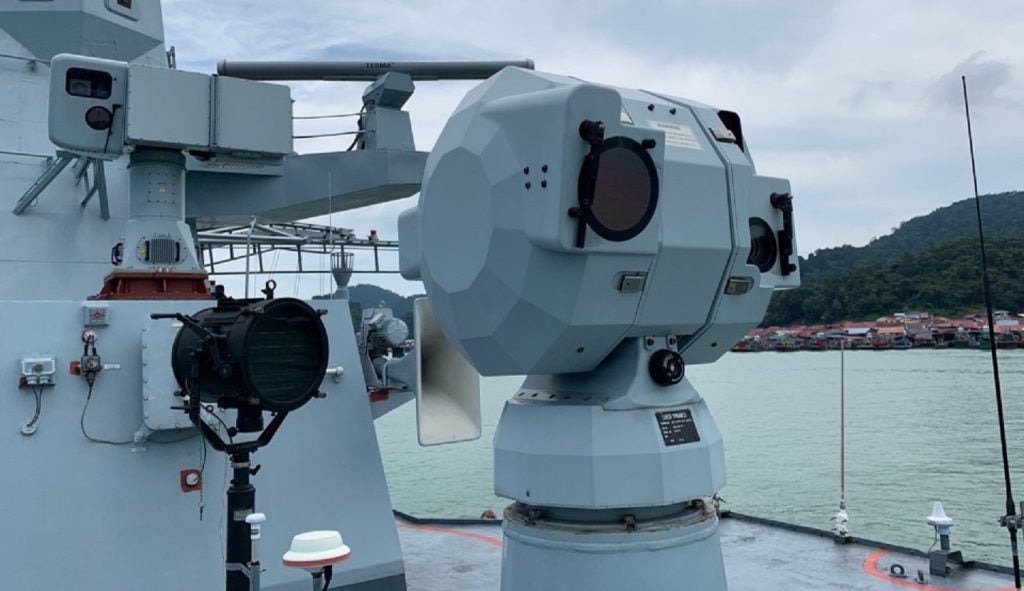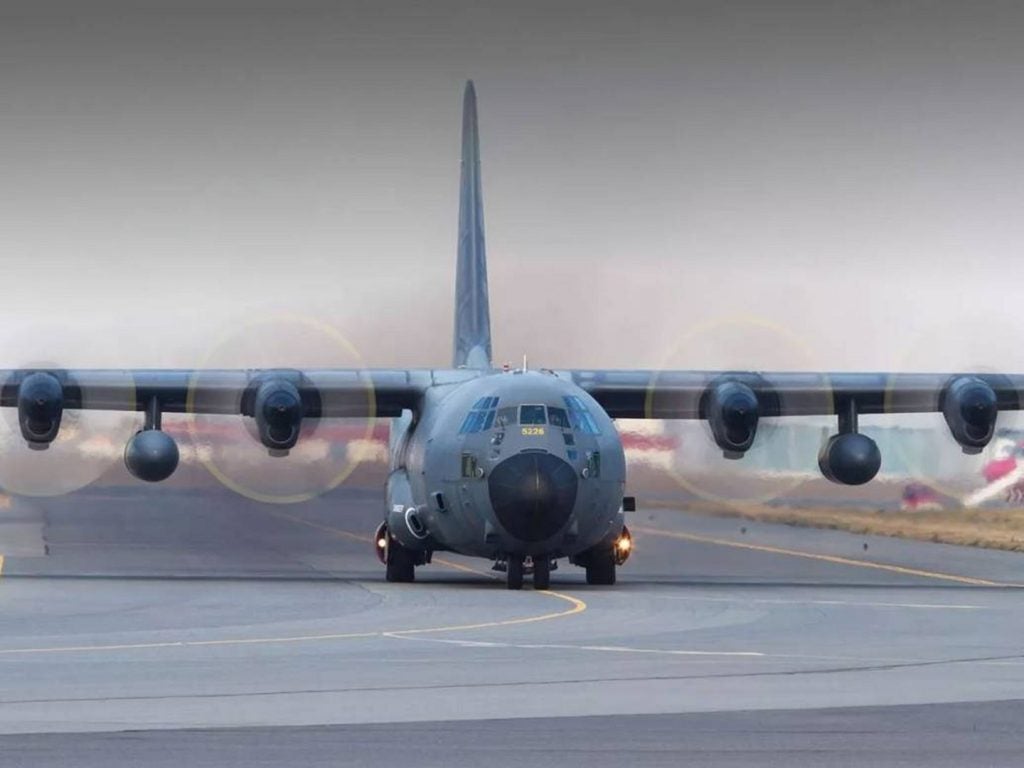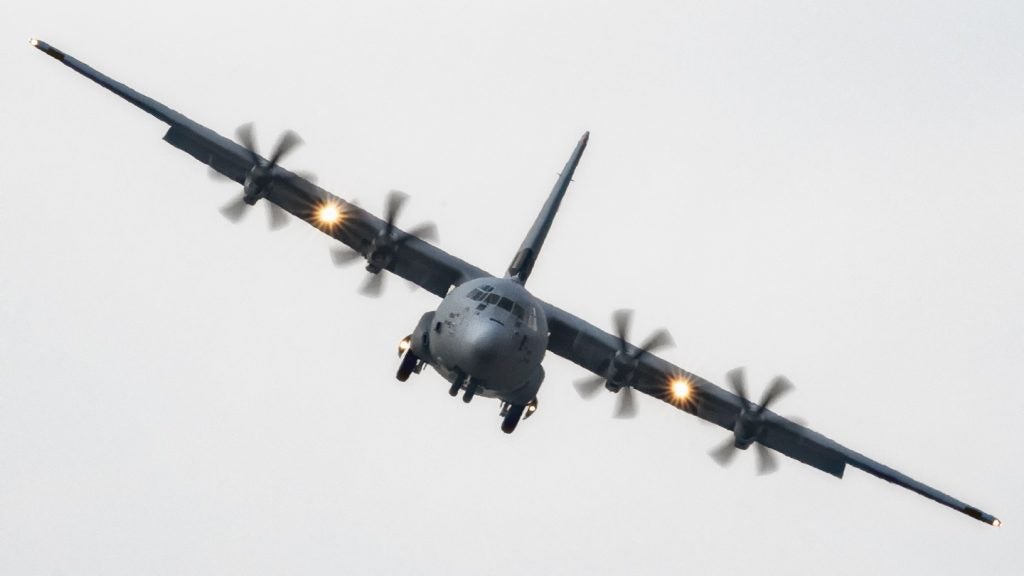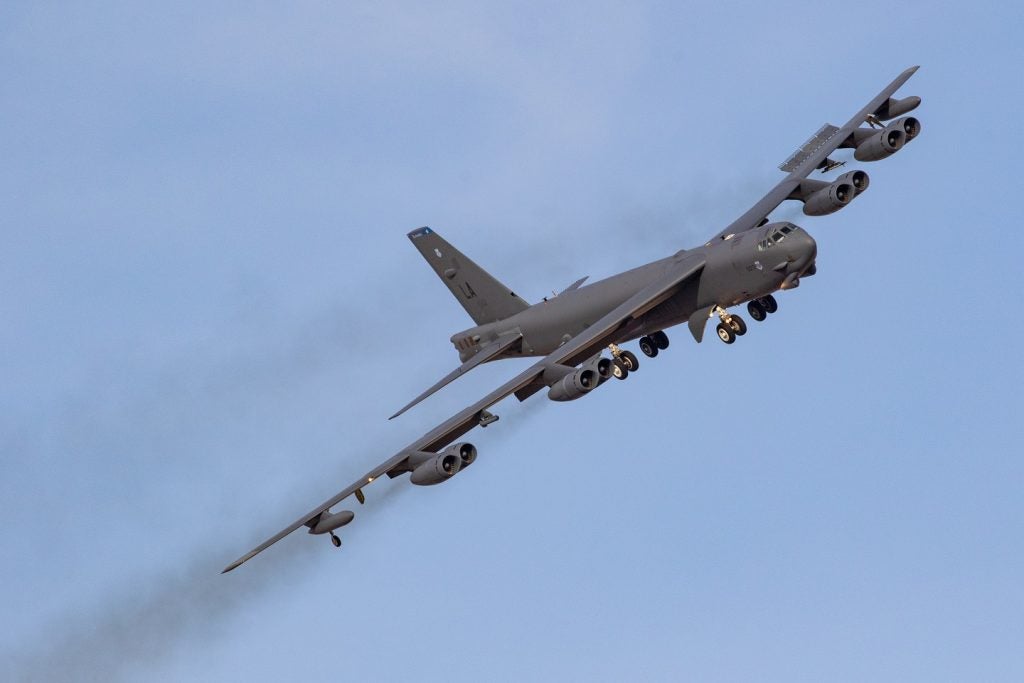
The UK has accessed a resource that may help to alleviate some of its fast-jet training difficulties, having signed up to the Nato Flight Training Europe (NFTE) High Visibility Project.
The Nato Support and Procurement Agency (NSPA) announced on 15 October that the UK and Germany were signing on to the NFTE project, which aims to leverage existing facilities across Europe to assist in the training of fighter pilots, helicopter and transport pilots, and personnel piloting aircraft remotely.
Airforce Technology understands that access to the NFTE will provide alternative flying training systems across Europe to increase the UK capacity, and that this is one of several mitigation procedures introduced to manage the impact of the Hawk T2 engine issues on the training pipeline.
The two new members bring the size of the scheme up to 12 participating nations: Belgium, the Czech Republic, Germany, Greece, Hungary, Italy, Montenegro, North Macedonia, Romania, Spain, Turkey and the UK.
While the UK will be among the largest air powers in the NFTE, and has significant training facilities, it also has a demand for fast-jet training that outstrips its supply. The UK has fallen short of its training requirement for fast-jet pilots in recent years, with a shortfall of 125 personnel per year between 2018 and 2019, according to a UK National Audit Office report, equating to 45% of the required number.
In 2022 the UK had 27 short take-off vertical landing F-35B aircraft, but a combined total of only 33 pilots, including three on exchange from the US Air Force, US Marine Corps and Australian Royal Air Force.
How well do you really know your competitors?
Access the most comprehensive Company Profiles on the market, powered by GlobalData. Save hours of research. Gain competitive edge.

Thank you!
Your download email will arrive shortly
Not ready to buy yet? Download a free sample
We are confident about the unique quality of our Company Profiles. However, we want you to make the most beneficial decision for your business, so we offer a free sample that you can download by submitting the below form
By GlobalDataWhile UK fast-jet training is intended to take three years to complete, it has taken as along as eight years in some cases.
With schemes involving resource management between multinational partners, such as the Nato Movement Coordination Centre Europe, which is dedicated to maximising the utilisation of airlift and sealift capacities, the leveraging of assets and facilities is performed via a central broker. In this instance, the NSPA will act as a centralised broker between multinational partners that deliver and receive training, although the NSPA will also expand or potentially create new facilities where necessary.
NATO deputy secretary-general Mircea Geoană said: “The solutions will be considered across several European regions and will deliver a flexible approach to airspace management. They will help the Alliance to strengthen NATO’s air and missile defence capabilities. Close collaboration will be required between civil and military users of our airspace. This has also set an excellent example of close collaboration between our military forces and our civilian aviation colleagues.”







